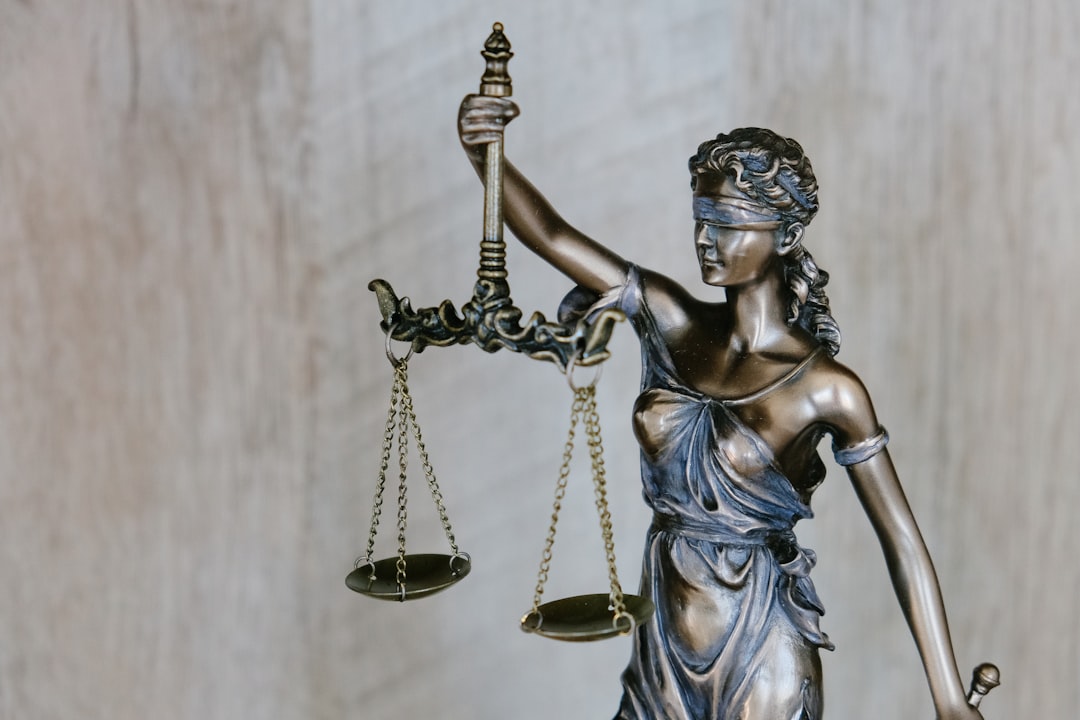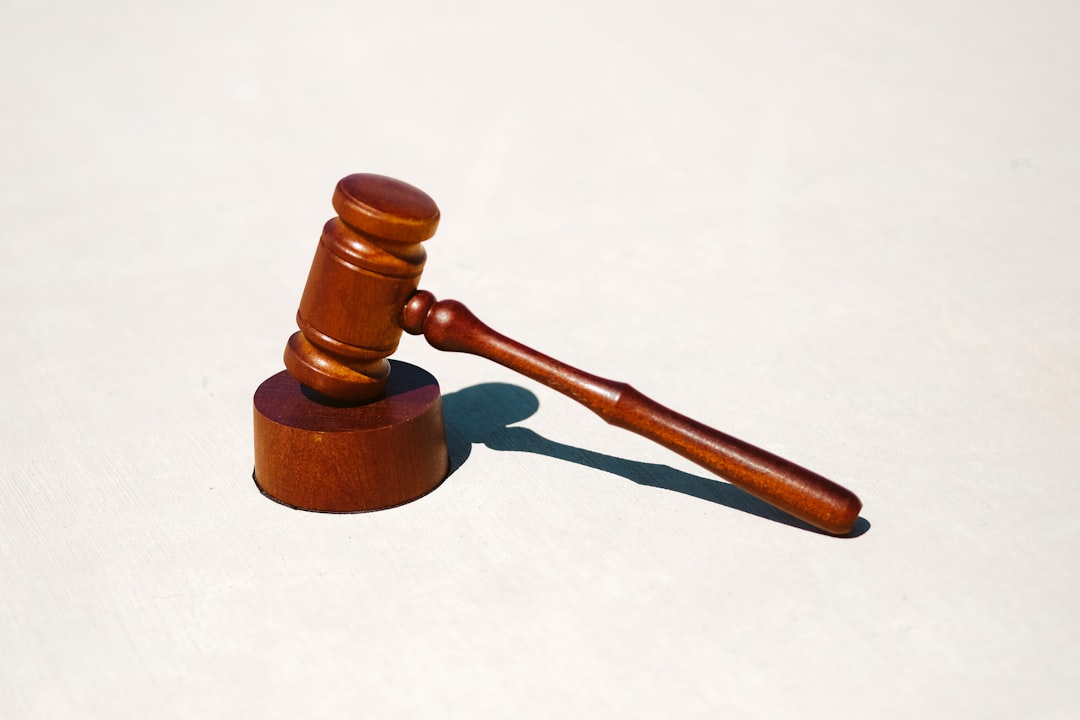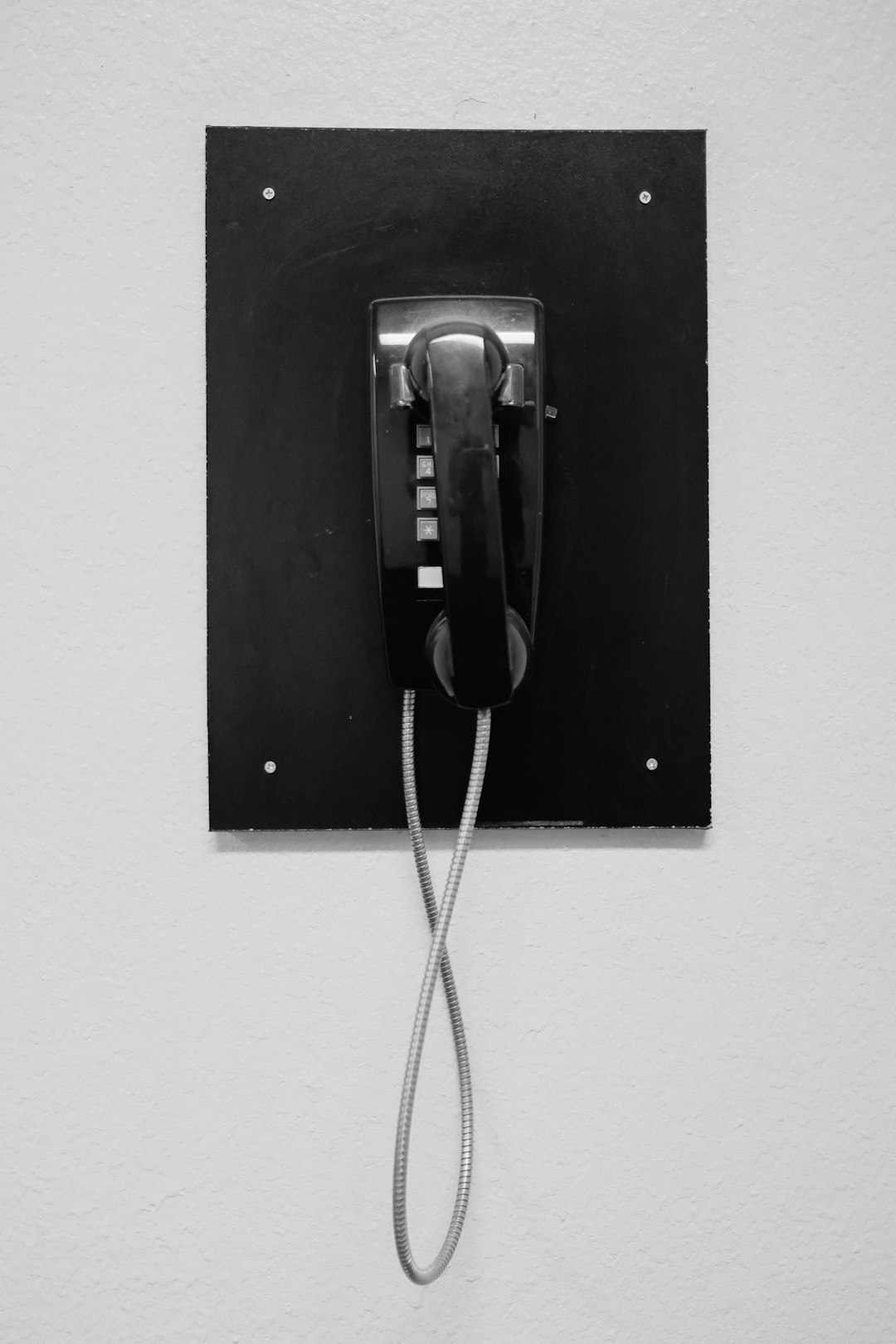In Mississippi, consumers are protected by stringent debt collection laws, including the Mississippi Debt Collection Practices Act (MDCPAA) and Fair Debt Collection Practices Act (FDCPA), which prohibit abusive, deceptive, or harassing tactics. Debtors can assert their rights by requesting validation of debts, reporting violations to the Mississippi Attorney General's Office, and seeking legal counsel for compensation if rights are violated. Understanding these laws is crucial for fair debt collection practices and empowering residents to maintain dignity and privacy during interactions with collectors.
In Mississippi, understanding the legal remedies available against debt collectors is crucial for consumers facing collection actions. The state has specific regulations governing debt collection practices, designed to protect residents from abusive or unfair tactics. This article explores what constitutes a violation under Mississippi’s debt collector laws, outlines the rights of consumers, and provides insights into legal actions and effective strategies for claiming compensation. By understanding these protections, consumers can navigate debt collection issues with confidence.
Understanding Debt Collector Regulations in Mississippi

In Mississippi, debt collectors are subject to strict regulations aimed at protecting consumers from unfair or abusive practices. The Mississippi Debt Collection Practices Act (MDCPAA) outlines clear guidelines for how debt collectors can interact with debtors, ensuring fairness and transparency throughout the collection process. Understanding these laws is crucial for both debt collectors and individuals facing debt issues. The MDCPAA prohibits aggressive or harassing behavior, false or misleading statements, and unfair practices like contacting individuals at inappropriate times or using abusive language.
Debtors in Mississippi have legal recourse if they believe their rights have been violated. They can file complaints with the Mississippi Attorney General’s Office, which has authority to investigate and take action against violating debt collectors. Additionally, individuals may seek legal counsel to explore options such as suing for damages or reporting violations to regulatory bodies. Knowledge of these protections empowers consumers to assert their rights under the MDCPAA, ensuring that debt collection activities remain within legal boundaries.
What Constitutes a Violation?

Debt collectors in Mississippi must adhere to strict regulations set forth by both state and federal laws, including the Fair Debt Collection Practices Act (FDCPA). A violation occurs when a debt collector engages in any unfair, deceptive, or harassing act while attempting to collect a debt. This can include numerous behaviors such as making false or misleading statements about the debt, using abusive or threatening language, contacting individuals at inappropriate times or places, and failing to verify the debt information before pursuing collection actions.
In Mississippi, specific violations may involve practices like calling individuals repeatedly with the intent to annoy or harass, requesting payment in a manner that is false or misleading, or discussing the debt with third parties, unless certain conditions are met. It’s crucial for consumers to recognize these violations and understand their rights under the debt collector laws in Mississippi, which offer protections to ensure fair and ethical collection practices.
Rights of Consumers in Mississippi

In Mississippi, consumers have specific rights when it comes to debt collection practices. According to the state’s debt collector laws, individuals are protected from unfair or abusive tactics by debt collectors. These laws are designed to ensure that debt collection activities are conducted in a reasonable and ethical manner, maintaining the dignity and privacy of consumers.
Consumers in Mississippi have the right to request validation of their debt, meaning they can ask for proof and documentation from the debt collector. This process allows individuals to verify the amount owed and ensures transparency in the debt collection process. Additionally, Mississippi law restricts debt collectors from making false or misleading statements, using abusive language, or employing harassment tactics when attempting to collect a debt. These rights provide consumers with a layer of protection against predatory practices and empower them to assert their legal standing in such situations.
Legal Actions Against Debt Collectors

If a debt collector in Mississippi violates state laws, individuals have legal recourse. The Fair Debt Collection Practices Act (FDCPA) is a federal law that establishes rules for debt collectors and protects consumers from abusive or unfair practices. In Mississippi, the Mississippi Debt Collection Act (MDCA) further regulates debt collection activities within the state.
Individuals who believe they have been subjected to unlawful debt collection practices can take legal action. This may include filing a complaint with the Mississippi Attorney General’s Office or suing the debt collector in civil court. The MDCA allows for damages, attorney fees, and costs if a debt collector is found liable for violating the law. Such actions can serve as a powerful deterrent and hold debt collectors accountable for their actions.
Effective Strategies for Claiming Compensation

When seeking compensation for debt collector violations in Mississippi, a robust strategy is essential. The first step involves thoroughly documenting every interaction with the debt collector, including the date, communication details, and a detailed log of events. This documentation serves as concrete evidence during any legal proceedings. Additionally, consumers should be aware of their rights under the Mississippi Debt Collection Practices Act (MDCPA), which outlines strict guidelines for debt collectors operating within the state.
Knowing your rights is a powerful tool. Consumers can file complaints with the Mississippi Attorney General’s Office and seek legal counsel specializing in consumer protection laws, including the MDCPA. Many debt collector violations can be addressed through these official channels, ensuring that individuals receive the compensation they are rightfully due.






